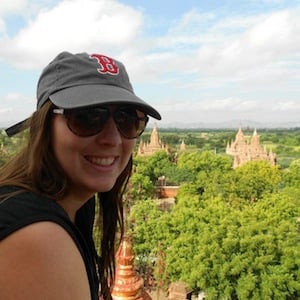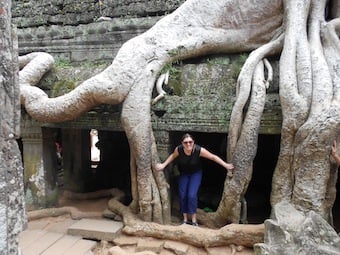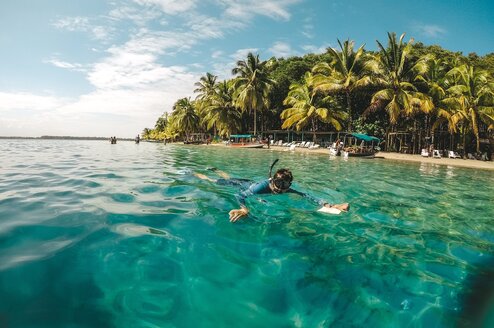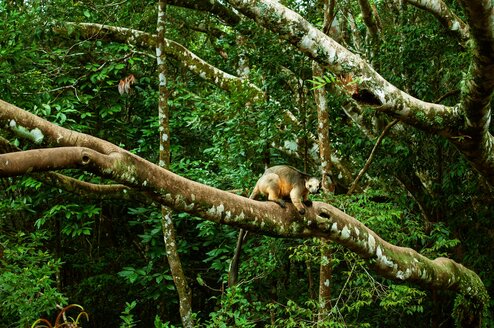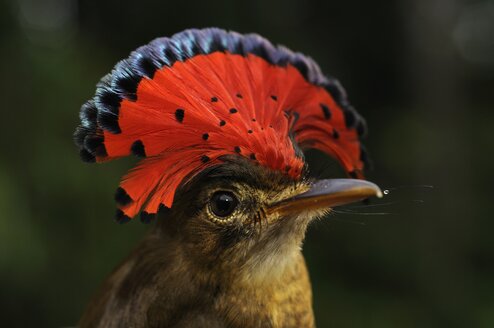SFS Study Abroad: Wildlife Management in Tanzania
- Tanzania
About Program
SFS offers some of the best (and most adventurous!) hands-on study abroad programs. Step beyond a tourist experience in East Africa. Explore the iconic landscapes of Tanzania. Meet the country’s charismatic wildlife – from magnificent lions and elephants to thunderous herds of wildebeest and zebras – as you learn about their ecology and behavior. Experience the rich culture and traditions of Tanzania’s Maasai, Iraqw, and Hadzabe tribal communities while collaborating on issues of human-wildlife conflict and climate change. Finish the semester with an in-depth field research project.
The SFS Tanzania campus is ideally located near world-famous national parks like the Serengeti and Lake Manyara. Full of mature trees, green spaces, and gazebos, campus offers plenty of space for outdoor activities. It is nestled in the friendly community of Rhotia and close to the towns of Karatu and Mto Wa Mbu.
Click on Visit Site above to learn more about studying abroad in Tanzania with SFS!
Video and Photos
Program Highlights
- Earn academic credit: 18 credits for semester programs and 4-8 credits for summer programs. Conduct a 4-credit research project during the semester program.
- Develop core skills including GIS, biodiversity assessment, species ID, wildlife census techniques, animal behavior observation, radio telemetry, basic Swahili, research design and implementation, data collection & analysis.
- Embark on a multi-day camping expedition in Serengeti National Park. Enjoy field lectures on topics like animal behavior and migratory patterns, and observe the diverse species found within the park.
- Spend two weeks in Kenya with visits to Amboseli and Tsavo West national parks and the mountainous Chyulu Hills conservation area. Enjoy views of Mt. Kilimanjaro from campus. (Semester only)
- Experience Iraqw traditions and modern lifestyles during a short home stay with a nearby family and visit a Maasai boma to learn how cultural tourism is shaping local culture and traditions
Popular Programs

Explore the iconic landscapes of Tanzania. Meet the country’s charismatic wildlife – from magnificent lions and elephants to thunderous herds of wildebeest and zebras – as you learn about their ecology and behavior. Experience the rich culture and traditions of Tanzania’s Maasai, Iraqw, and Hadzabe tribal communities while collaborating on issues of human-wildlife conflict and climate change.
5 classes | 18 credits | One life-changing study abroad experience.

In this summer fundamentals course, the Serengeti becomes your classroom. Through safari drives and field excursions, the wildlife of Tanzania bring the critical challenges of wildlife management and conservation to life before your eyes.
1 class | 4 credits | One life-changing study abroad experience.
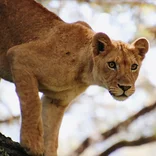
Tanzania is home to more than 35 species of carnivores, including the African lion, cheetah, leopard, and wild dog – all of which are on the IUCN Red List. Study the behavioral ecology and conservation challenges facing these incredible creatures, while observing some of Africa’s largest remaining carnivore guilds up close.
1 class | 4 credits | One life-changing study abroad experience.

























